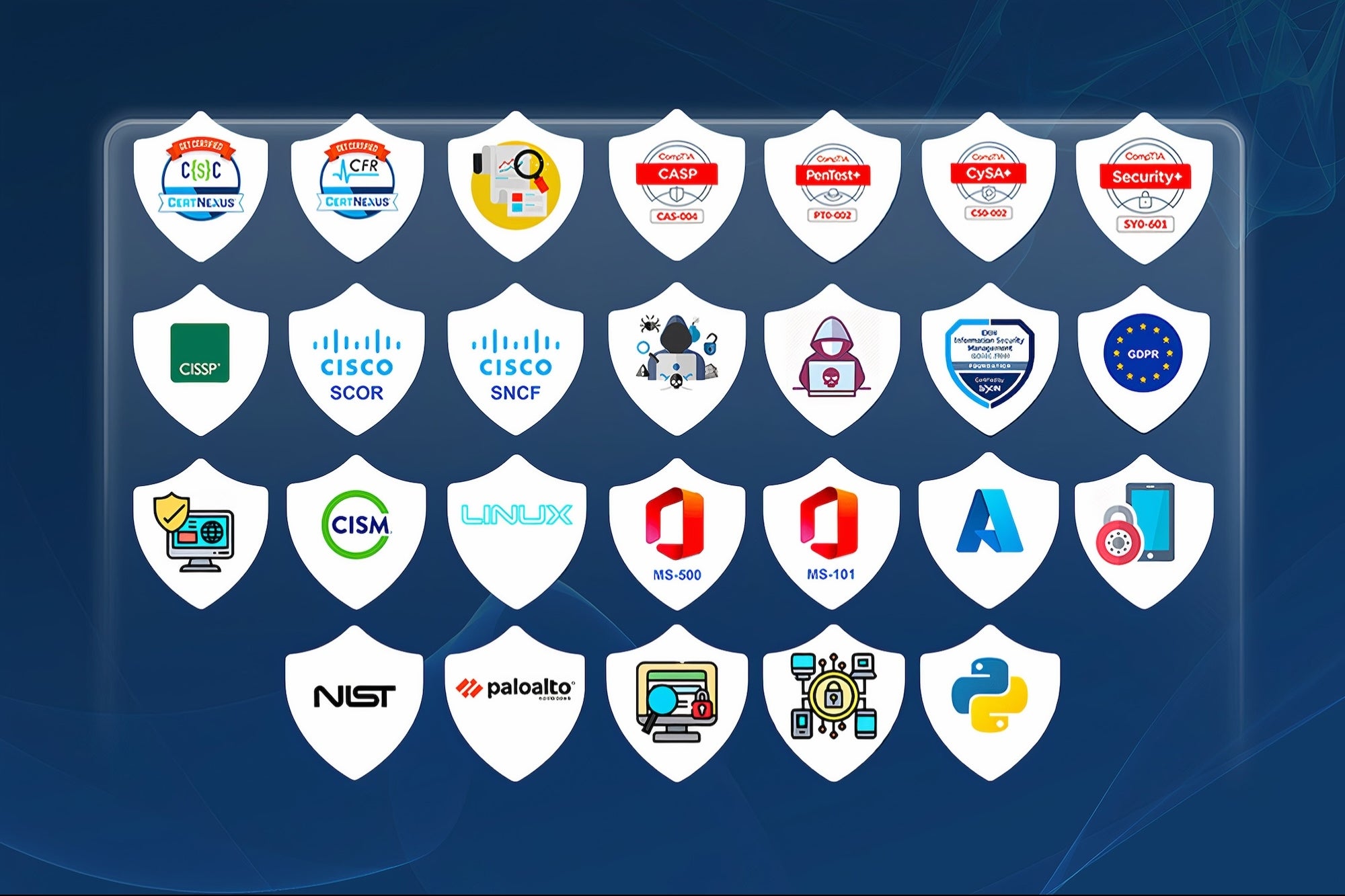Study: AI System Outperforms Humans in Global Weather Forecasting AI's weather forecasting leap could revolutionize preparedness in the face of natural disasters.
By Radek Zielinski Edited by Mark Klekas
Key Takeaways
- GraphCast works by using a machine learning technique called graph neural networks.
- While promising, experts note AI models like GraphCast may struggle to account for climate change since they are trained on historical data.
Opinions expressed by Entrepreneur contributors are their own.
This story originally appeared on Readwrite.com
In a breakthrough for artificial intelligence, researchers at Google's DeepMind have developed an AI system called GraphCast that can predict worldwide weather up to 10 days in the future more accurately than traditional forecasting methods. The results were published this week in the journal Science.
According to a recent announcement, GraphCast was more precise than the current leading weather forecasting system run by the European Centre for Medium-Range Weather Forecasts (ECMWF) — in over 90% of the 1,380 evaluation metrics tested. These metrics included temperature, pressure, wind speed and direction, and humidity at different atmospheric levels.
GraphCast works by using a machine learning technique called graph neural networks.
It was trained on over 40 years of past weather data from ECMWF to learn how weather systems develop and move around the globe. Once trained, GraphCast only needs the current state of the atmosphere and the state six hours prior as inputs to generate a 10-day global forecast in about a minute on a single cloud computer.
Related: How Robots and AI Are Transforming the Surgery Room
This is far faster, cheaper, and more energy efficient than the traditional numerical weather prediction approach used by national forecasting centers like ECMWF. That technique relies on solving complex physics equations on supercomputers, which takes hours of computation time and energy.
Matthew Chantry, an expert at ECMWF, confirmed GraphCast consistently outperformed other AI weather models from companies like Huawei and Nvidia. He believes this marks a significant turning point for AI in meteorology, with systems progressing "far sooner and more impressively than expected."
DeepMind researchers highlight GraphCast accurately predicted Hurricane Lee's Nova Scotia landfall nine days in advance, compared to only six days for conventional methods. This gave people three extra days to prepare.
GraphCast did not outperform traditional models in predicting Hurricane Otis' rapid intensification off Mexico's Pacific coast.
While promising, experts note AI models like GraphCast may struggle to account for climate change since they are trained on historical data. ECMWF plans to develop a hybrid approach, combining AI forecasts with physical weather models. The UK Met Office recently announced similar plans, believing this blended technique will provide the most robust forecasts in an era of climate change.










